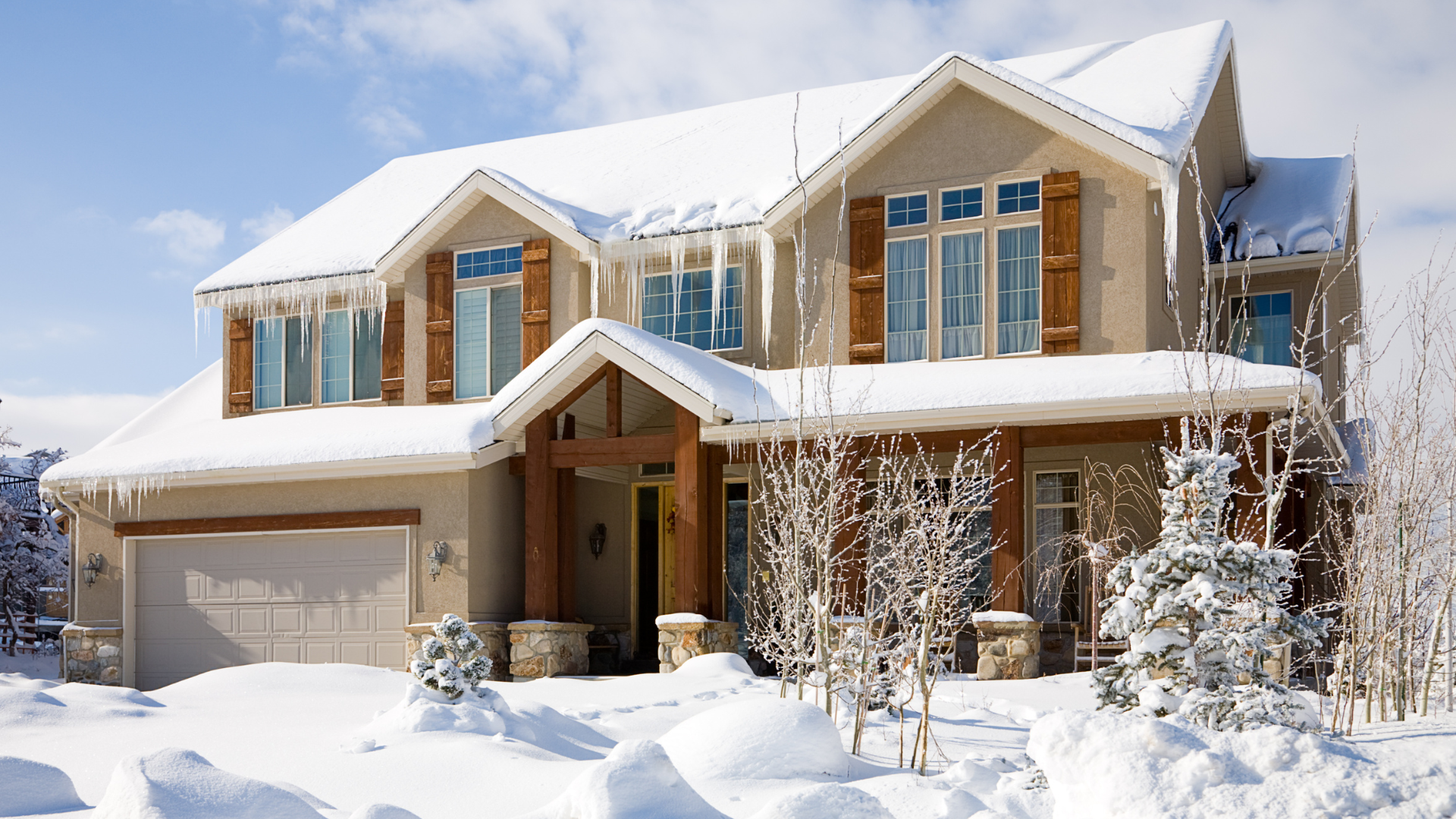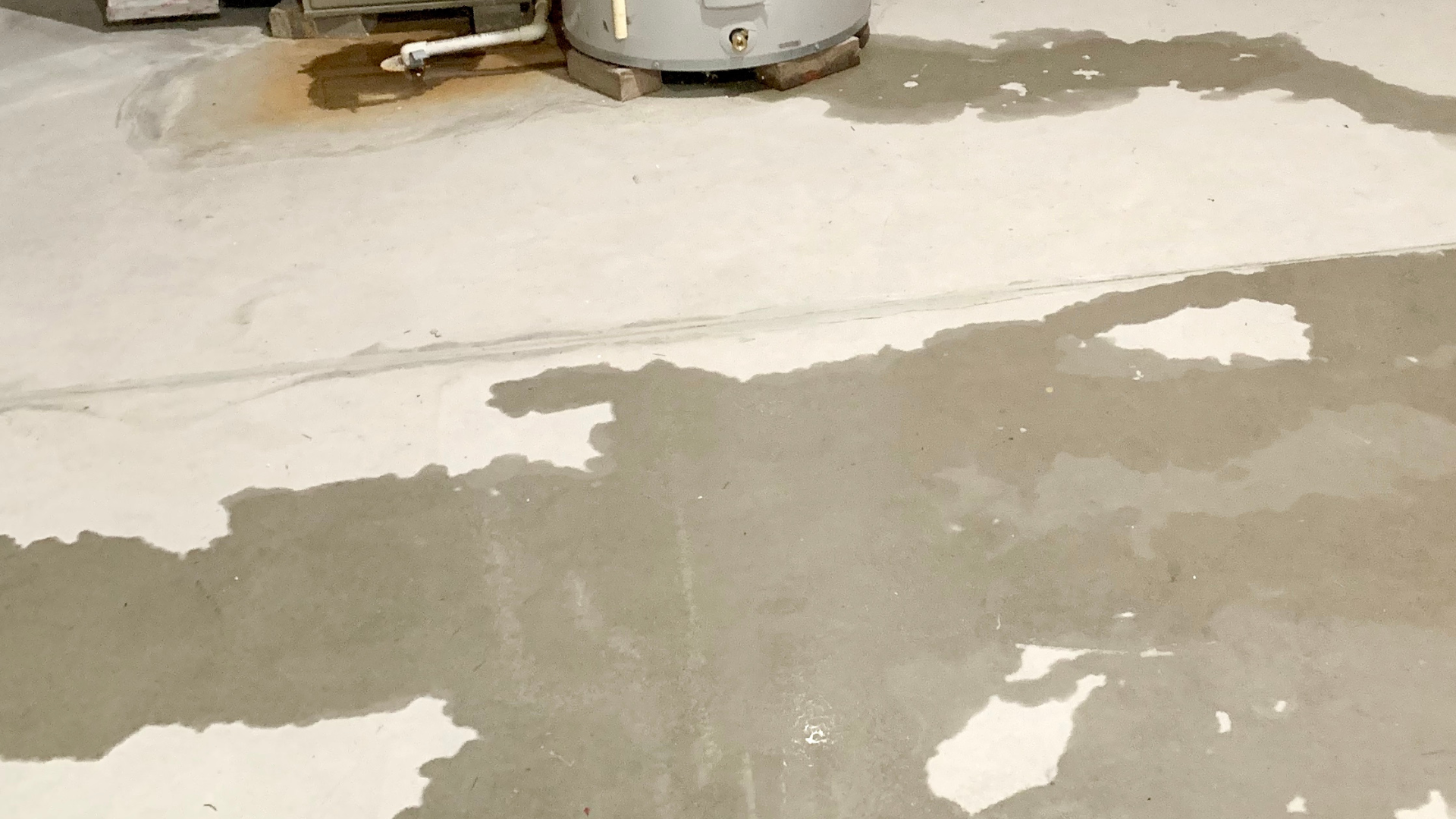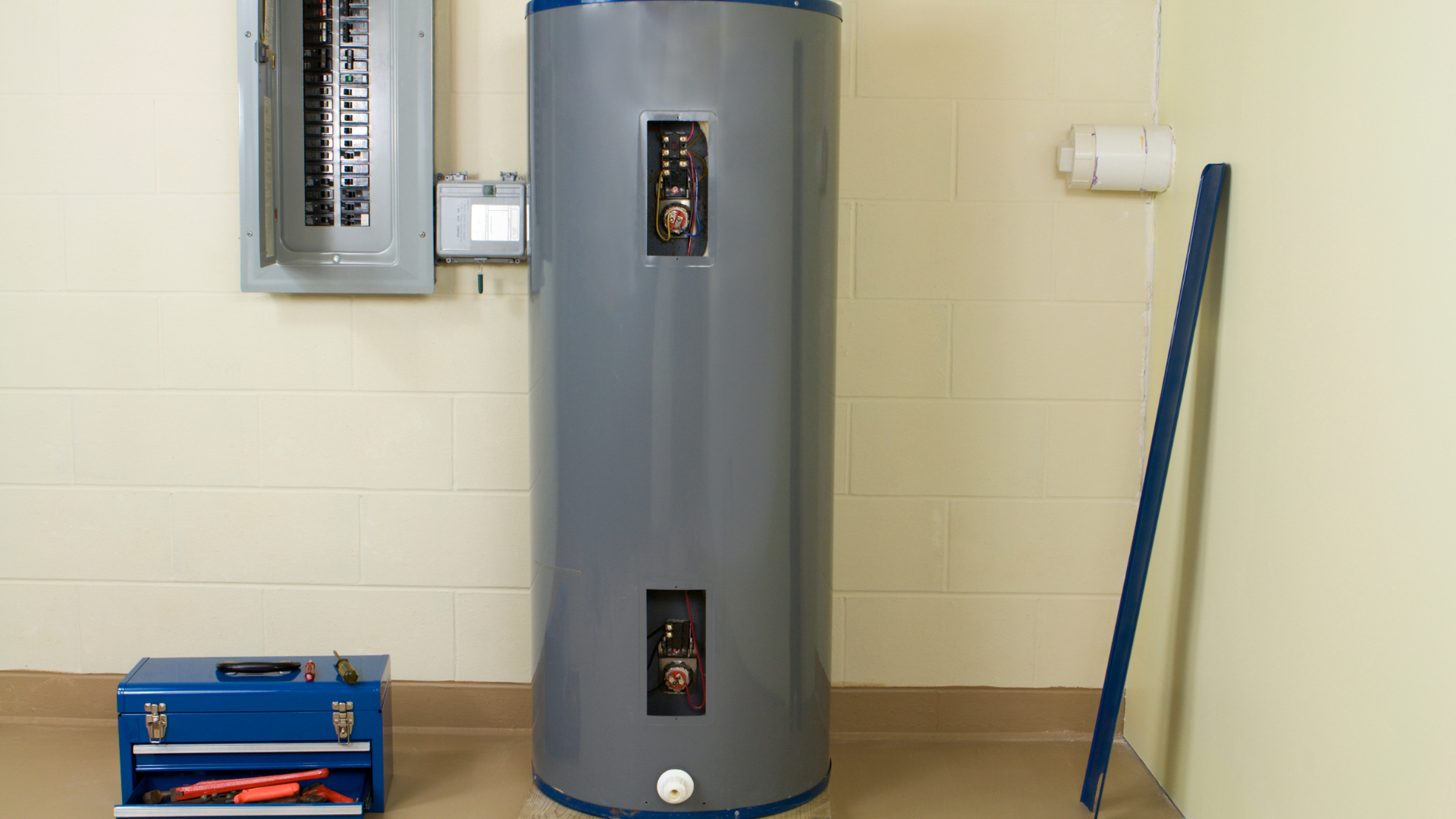Colorado
How a Homeowner Can Navigate Contractor Licensing in Colorado

For homeowners in Colorado, navigating the world of home service contractors can be a bit decentralized. Unlike many states, Colorado does not have a statewide general contractor license. Instead, licensing is primarily handled at the local city and county levels. Understanding how sales tax applies is also crucial, as Colorado has a complex system of state and local taxes, with specific rules for construction projects.
Licensing Requirements for Home Service Contractors in Colorado
Because there's no state general contractor license, the requirements vary significantly depending on where your project is located in Colorado.
Local City and County Licensing:
- General Contractors: Most cities and counties in Colorado require general contractors to be licensed or registered to work within their jurisdiction.
- Requirements vary widely: Some municipalities may only require a simple business registration, while others (like Denver, Aurora, or Colorado Springs) have more rigorous requirements. These can include:
- Passing a competency exam: Often based on the International Code Council (ICC) National Standard Contractor Licensing Exams.
- Proof of experience: Documented years of experience in the construction industry, sometimes in a supervisory role.
- Financial responsibility: Sometimes requiring proof of adequate financial standing.
- Surety bonds: Some localities may require a bond to protect consumers.
- Business registration: Proper registration of the business entity with the state (Colorado Secretary of State) and the locality.
- Insurance: Proof of General Liability Insurance and Workers' Compensation Insurance (if they have employees) is almost universally required.
- Classifications: Many larger cities classify licenses (e.g., Class A for unlimited work, Class B for residential/light commercial, Class C for residential only), each with different requirements.
- No Reciprocity: Generally, licenses from one city or county are not reciprocal with others. This means a contractor might need multiple local licenses if they work in different areas.
State-Licensed Trades (Colorado Department of Regulatory Agencies - DORA):
- While general contractors are locally regulated, specific specialized trades are licensed at the state level by the Colorado Department of Regulatory Agencies (DORA), through its Division of Professions and Occupations.
- Electricians: Licensed by the State Electrical Board. Licenses include Residential Wireman, Journeyman Electrician, and Master Electrician. Each requires specific hours of experience and passing state-administered exams.
- Plumbers: Licensed by the State Plumbing Board. Licenses include Residential Plumber, Journeyman Plumber, and Master Plumber. These also require documented experience and passing state exams.
- HVAC/Mechanical Contractors: While there isn't a single statewide "HVAC" license, mechanical work often falls under local contractor licenses or requires specific certifications (e.g., EPA Section 608 for refrigerant handling). Some localities may require mechanical contractor licenses.
- Asbestos Abatement and Lead-Based Paint: Specific state certifications are required for contractors involved in hazardous material abatement.
Local Permits: Regardless of licensing, all contractors must obtain the necessary building permits from the local city or county building department for projects requiring them. These permits ensure compliance with local building codes and allow for inspections.
It is crucial to verify both the contractor's local license (if applicable) and any required state trade licenses. Hiring an unlicensed contractor is a significant risk for homeowners.
How Sales Tax Applies to Home Service Projects in Colorado
Colorado has a state sales tax rate of 2.9%, but it also has a complex patchwork of local sales and use taxes imposed by counties, cities, and special districts. These local taxes can significantly increase the total sales tax rate, often reaching 7% to 9% or more depending on the location.
The application of sales tax to home service projects in Colorado hinges on the nature of the contract:
- Lump-Sum Contracts:
- If a contractor enters into a lump-sum contract (where a single price is charged for the entire project, without separately stating costs for materials and labor), the contractor is generally considered the "consumer" of all materials used in the project.
- In this scenario, the contractor pays the applicable state and local sales tax to their suppliers when they purchase the construction and building materials.
- The contractor does not then collect sales tax directly from the homeowner on the overall lump-sum contract price. The sales tax on materials is already embedded in the contractor's costs.
- Labor in lump-sum contracts is generally considered part of the overall service and is not separately taxed.
- Time-and-Materials Contracts:
- If a contractor enters into a time-and-materials contract (where material costs and labor costs are separately itemized), the contractor is considered a "retailer" of the materials.
- In this case, the contractor can purchase materials from their suppliers tax-exempt using a resale certificate.
- The contractor then must collect the applicable state and local sales tax from the homeowner on the marked-up selling price of the materials. The labor portion, if separately stated, is generally not subject to sales tax.
- Use Tax on Building Materials:
- Many Colorado cities and counties impose a use tax on construction and building materials. This is especially common for "home rule" jurisdictions that administer their own taxes (e.g., Denver, Colorado Springs, Boulder).
- Use tax is essentially a sales tax on items purchased outside the jurisdiction but used within it, or on items purchased tax-free by a contractor who then uses them in a lump-sum contract without paying sales tax.
- Often, local use tax on construction materials is collected when a building permit is issued, based on an estimated valuation of the materials. The contractor (or homeowner, if acting as owner-builder) pays this use tax deposit at the time of permitting. At the project's completion, a reconciliation may be required based on actual material costs.
What this means for homeowners:
- Always clarify the sales tax approach with your contractor. Ask if they typically work on a lump-sum or time-and-materials basis and how sales tax will be handled.
- For lump-sum contracts, you won't see sales tax itemized, as it's included in the contractor's material costs.
- For time-and-materials contracts, you should expect to pay sales tax on the materials portion, which the contractor will collect from you. Labor should be exempt if separately stated.
- Be aware that your local city or county may require a use tax payment when you obtain a building permit, which functions as a pre-payment for sales tax on materials.
How to Verify Licensing in Colorado
Verifying a home service contractor's license in Colorado requires checking multiple sources due to the decentralized system.
Colorado Department of Regulatory Agencies (DORA) - Division of Professions and Occupations - License Search:
- This is the official source for verifying state-level trade licenses for Electricians and Plumbers.
- Website: Go to the DORA website: https://dora.colorado.gov/. Look for a "Check a License" or "License Search" tool.
- Direct Search Portal: https://www.colorado.gov/dora_licensing (Select "Profession Search" and then the relevant board, e.g., "Electrical Board" or "Plumbing Board").
- Information Provided: Will confirm license status, number, and disciplinary actions.
Local City/County Building Departments and Licensing Offices:
- This is the most critical step for verifying general contractor licenses.
- Find Contact Information: Visit the official website of your specific city or county (e.g., City and County of Denver, City of Aurora, Jefferson County, Larimer County). Look for departments such as "Building Permits," "Contractor Licensing," "Planning and Development," or "Community Development."
- Direct Inquiry/Online Search: Many municipalities have online contractor search tools. If not, call their licensing or building department and ask if the contractor holds an active license for the type of work they will perform in that specific jurisdiction.
- Examples:
- Denver: https://denvergov.org/Government/Agencies-Departments-Offices/Agencies-Departments-Offices-Directory/Community-Planning-and-Development/Contractor-Licensing/Contractor-Licenses
- Jefferson County: https://www.jeffco.us/2097/Contractor-Licensing
Colorado Secretary of State - Business Search:
- Verify the contractor's business entity (LLC, corporation, etc.) is properly registered and in good standing in Colorado.
- Website: https://www.coloradosos.gov/biz/
Proof of Insurance and Bonding: Always request current Certificates of Insurance for general liability and workers' compensation. If the local jurisdiction requires a bond, ask for proof of that as well. Contact the issuing companies directly to verify coverage.
Due to the decentralized nature of licensing in Colorado, it is essential for homeowners to be proactive in verifying all applicable licenses and registrations with the relevant state and local authorities.
Sources
- Colorado Department of Regulatory Agencies (DORA) - Division of Professions and Occupations:
- Main Website: https://dora.colorado.gov/
- License Search Portal: https://www.colorado.gov/dora_licensing
- State Electrical Board: https://dpo.colorado.gov/Electrical
- State Plumbing Board: (Information available through the DORA website, look under "Professions and Occupations" then "Plumbing Board")
- Colorado Department of Revenue (CDOR) - Sales and Use Tax:
- Sales 6: Contractors and Retailer-Contractors (PDF, highly detailed): https://tax.colorado.gov/sites/tax/files/03.2020_Sales6.pdf
- Sales Tax Guide: https://tax.colorado.gov/sales-tax-guide
- Colorado Sales Tax Rates (DR 1002, lists state-collected rates): https://tax.colorado.gov/sales-tax-rates
- Colorado Secretary of State - Business Search:
- Business Search Portal: https://www.coloradosos.gov/biz/
- Local Government Websites (Examples - always check your specific location):
- City and County of Denver - Contractor Licensing: https://denvergov.org/Government/Agencies-Departments-Offices/Agencies-Departments-Offices-Directory/Community-Planning-and-Development/Contractor-Licensing/Contractor-Licenses
- Jefferson County - Contractor Licensing: https://www.jeffco.us/2097/Contractor-Licensing
- City of Colorado Springs - Sales Tax (includes construction tax info): https://coloradosprings.gov/salestax
- Industry Guides (for general overview, always defer to state/local sources):
- NEXT Insurance - Colorado General Contractor License and Insurance Requirements: https://www.nextinsurance.com/blog/colorado-general-contractor-license-and-insurance-requirements/
- How to Get a Contractor's License in Colorado (Contractor Training Center): https://contractortrainingcenter.com/blogs/news/how-to-get-a-contractors-license-in-colorado
Click Another Article to Read More










